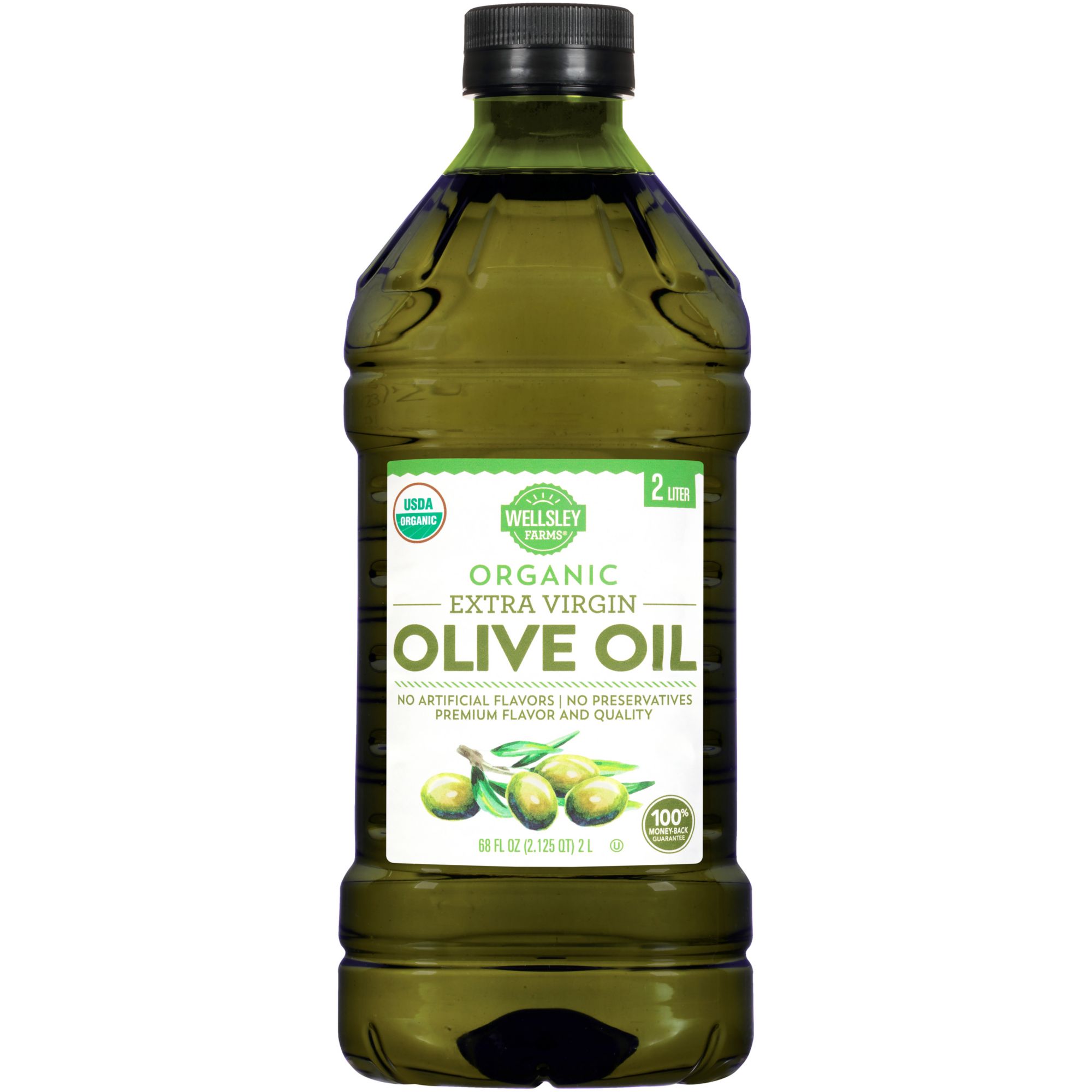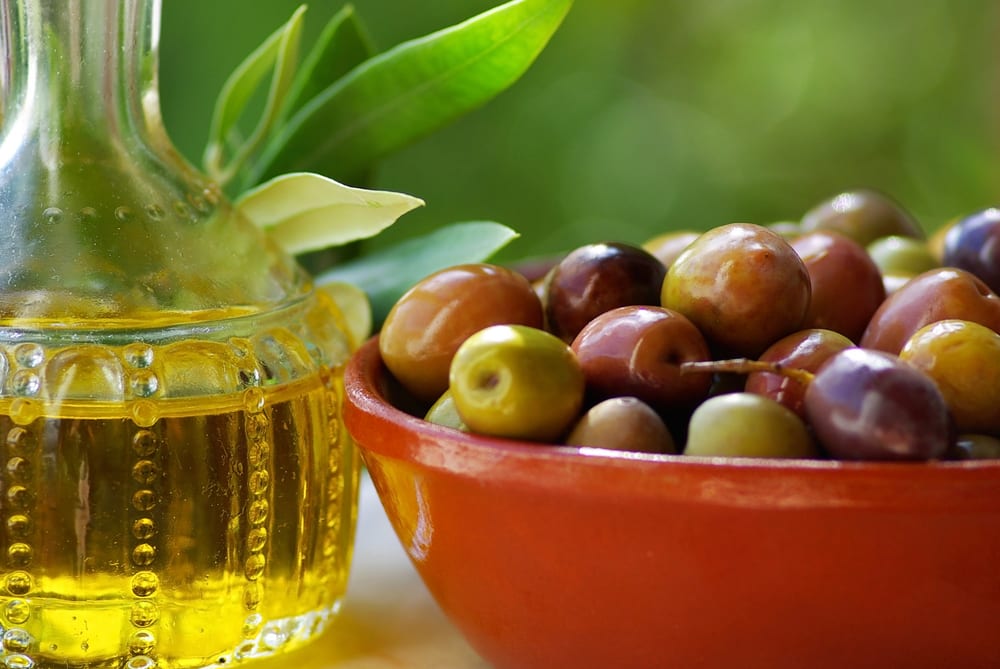Extra Virgin Olive Oil Benefits: A Natural Way to Reduce Inflammation
Extra Virgin Olive Oil Benefits: A Natural Way to Reduce Inflammation
Blog Article
Discovering the Different Types of Olive Oil and Their Usages, Including Extra Virgin Olive Oil
The expedition of olive oil incorporates a varied range of types, each offering culinary applications and distinctive flavors. Extra virgin olive oil, renowned for its remarkable top quality and health advantages, serves as a staple in numerous kitchens, yet it is just one facet of this multifaceted component.
What Is Olive Oil?
Originated from the fruit of the olive tree, olive oil is a staple in Mediterranean food and an essential ingredient in different culinary applications. This versatile oil is produced by pushing whole olives, causing a liquid that varies in color, taste, and aroma depending upon the sort of olives used, the area of cultivation, and the removal process. Olive oil is mostly composed of monounsaturated fats, particularly oleic acid, which is understood for its possible wellness advantages, including anti-inflammatory residential properties and cardiovascular assistance.
Along with its cooking uses, olive oil has a long background of application in conventional medicine and skin care, owing to its rich antioxidant web content (extra virgin olive oil benefits). The oil is commonly made use of in dressings, marinates, and for cooking techniques such as sautéing and roasting. Its unique flavor profile can improve the preference of different recipes, making it a crucial active ingredient for both home cooks and professional cooks
Moreover, olive oil is commemorated for its function in the Mediterranean diet, which is connected with many wellness advantages. As recognition of these benefits grows, olive oil remains to gain appeal worldwide as an essential element of a healthy way of living.
Sorts Of Olive Oil
Recognizing the different types of olive oil is crucial for both health-conscious consumers and cooking enthusiasts. Olive oil is categorized primarily based upon its extraction technique and quality, which dramatically impacts its flavor, health and wellness, and aroma benefits.

Light olive oil, regardless of its name, refers to a lighter flavor and not lower calories. It is ideal for those looking for a much more subtle taste in marinates and dressings. Furthermore, there are flavorful olive oils instilled with herbs, seasonings, or citrus, which can improve dishes without the need for added spices.
Each type of olive oil offers particular cooking objectives, and understanding these distinctions enables customers to make educated choices that straighten with their cooking designs and health and wellness objectives.
Additional Virgin Olive Oil
Extra virgin olive oil (EVOO) is commonly considered as the best quality olive oil readily available, renowned for its abundant flavor and numerous health and wellness benefits. To be categorized as extra virgin, the oil needs to be generated from fresh olives utilizing mechanical procedures, without the use of solvents or too much heat. This thorough method maintains the oil's natural flavors, anti-oxidants, and healthy fats, leading to an item with a low acidity degree of less than 0.8%.
EVOO is plentiful in monounsaturated fats, specifically oleic acid, which is linked to decreased swelling and improved heart health. It likewise has polyphenols, powerful antioxidants that might supply protective impacts versus persistent diseases. The flavor account of EVOO can differ significantly depending upon the olive range and area of manufacturing, ranging from fruity and grassy to durable and sharp.

Culinary Use Olive Oil

In food preparation, olive oil can be utilized for sautéing, roasting, and barbecuing, offering a healthier alternative to butter or various other fats. Its high smoke factor makes it suitable for different cooking methods, while its antioxidants add to a heart-healthy diet regimen. Sprinkling olive oil over completed dishes, such as pasta, fish, or grilled veggies, can raise flavors and add a touch of style.
In addition, olive oil plays a substantial function in baking, where it can change standard fats in recipes for bread and pastries, presenting wetness and a subtle preference. It likewise functions as a base for instilled oils, enabling chefs to trying out tastes such as garlic, herbs, or chili, better broadening its culinary possibility. Generally, olive oil's versatility makes it indispensable in both home and specialist kitchens.
Finding High Quality Olive Oil
When selecting top quality olive oil, it's vital to take into consideration a number of key aspects that influence the item's scent, wellness, and flavor advantages. Choose for additional virgin olive oil (EVOO), which is acquired from the first chilly pushing of olives and contains the greatest degrees of anti-oxidants and advantageous compounds. Try to find oils that are accredited by identified organizations, as this typically guarantees adherence to strict top quality criteria.
The packaging also plays a considerable duty in maintaining the oil's integrity. Choose oils kept in dark go glass bottles or tins to secure versus light destruction. Focus on the harvest date; fresher oils provide remarkable taste and dietary worth, so choose items that are within 18 months of their harvest.
Be mindful of the preference; a great high quality olive oil should have a balance of fruity, bitter, and peppery notes, indicating its richness and intricacy. By examining these elements, you can ensure you are picking the finest olive oil for your culinary demands.
Verdict
In summary, the expedition of various types of olive oil discloses distinct features and applications, with extra virgin olive oil standing for the pinnacle of high quality due to its reduced acidity and high antioxidant try this website material. Understanding the different selections of olive oil allows for notified selections in cooking techniques, advertising healthier methods while improving the overall gastronomic experience.
Obtained from the fruit of the olive tree, olive oil is a staple in Mediterranean food and a key component in numerous cooking applications.The most common types of olive oil consist of improved olive oil, pure olive oil, and light olive oil.Extra virgin olive oil (EVOO) is commonly pertained to as the highest quality olive oil offered, popular for its abundant flavor and various health and wellness advantages. Decide for additional virgin olive oil (EVOO), which is derived from the very first cold pressing of olives and has the greatest degrees of anti-oxidants and helpful compounds.In summary, the expedition of numerous kinds of olive oil discloses distinctive characteristics and applications, with additional virgin olive oil representing the pinnacle of high quality due to its reduced level of acidity and high antioxidant web content.
Report this page